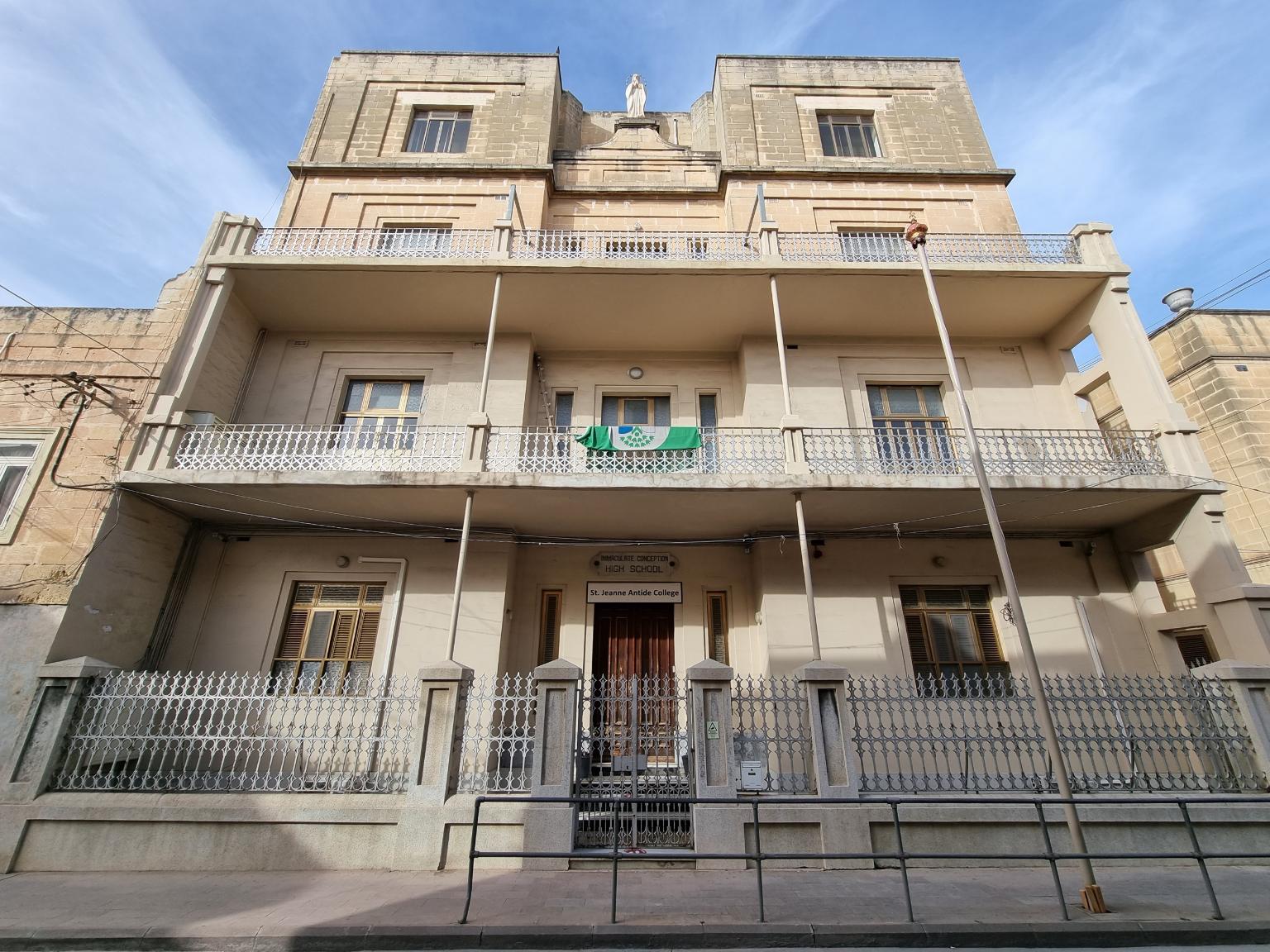






“To love Christ Jesus to love and serve the poor who are His members To show them the love of the Father, This is the charism and mission which St. Vincent and St. Jeanne Antide received from God. Through education we serve the weak and the powerless in the Vincentian tradition lived by St. Jeanne Antide.”
(Rule of the sisters of Charity)
St Jeanne Antide College embraces students who come from all walks of life, and with the help of their parents they will grow into responsible Christian citizens. We support them to develop academically, emotionally, and spiritually to live a life of service to others in need. They will be of good example to others, in order to put into action love for God and love for all mankind. We follow the teachings of the Catholic Church on evolving issues such as the idea of family, or gender, and cultivate a spirit of inclusion and mercy towards all without any kind of discrimination.
At school we learn to love and love to learn.
50, Tarxien Rd.,
Tarxien TXN 1090
21821337 / 27660096 / 79800778


secretary.secondary@sja.edu.mt

https://www.stjeanneantidecollege.com/
https://www.facebook.com/ICStarxien/

The secondary school for girls between the ages of 10 and 16 (Year 7 to 11) and has a population of around 250 students. School hours are from 7.40 to 13.30, Monday to Friday.
Compulsory Subjects offered in Year 7 and Year 8
Maltese, Maths, English Language, English Literature, Italian, French, Physical Education,, ICT, PScD, Home Economics, Science, Religion, Library, Environmental Studies, Drama and Expressive Arts.
During the ICT lesson students are prepared to sit for their C3 certification.
Compulsory Subjects offered in Year 9 to Year 11
Maltese, Maths, English Language, English Literature, Physical Education, ICT, PSD, Religion, and Library.
Optional Subjects offered in Year 9 to Year 11 (to choose one from each option)
Language option: French or Italian
Science option: Biology, Physics, Chemistry or Science & Technology CCP.
Option 1 & 2: Accounts, Computer Studies, Physical Education, Home Economics, Biology, Physics, Fashion & Textiles, Hospitality, Health & Social Care, Economics, Environmental Studies and Prince Trust (Options offered are subject to approval by the DQSE)
Immaculate Conception School is managed with care by the Sisters of Charity who always do their utmost to educate and support the students by following the steps of our school foundress St Joan Antide was born in France in 1765. She was the daughter of a leather-worker and lived during the violent years of the French Revolution. At the age of 16 she lost her mother and took care of her brothers and sisters for several years. In her early twenties she joined the Sisters of Charity of St Vincent De Paul in Paris. Times were growing more difficult and in 1793 the Order was broken due to a government order, she returned to her native village where she opened a free school to teach local children in the morning and help the sick during the afternoon and night. Her good deeds attracted the local authorities and was forced to flee to Switzerland for several years in exile. In the year 1799 she resumed teaching and on the 11th April of the same year she founded a congregation for the education of the young and the care of the sick and poor.
In 1818 Joan and her nuns were recognized by Pope Pius VII as a new order. She opened several schools and convents in France, Italy and Switzerland.
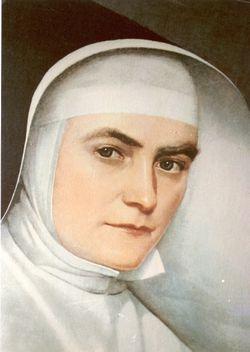
Saint Joan Antide died in Naples in 1826, having left for her sisters many examples of human kind and love. Today the Sisters of Charity are continuing her mission in Europe, USA, Asia and Africa. We celebrate her feast on the 23rd May
St. Vincent de Paul (24 April 1581 – 27 September 1660) was a French Roman Catholic priest who dedicated himself to serving the poor. He was canonized in 1737. He was renowned for his compassion, humility, and generosity and is known as the "Great Apostle of Charity".
In 1617, Vincent founded the "Ladies of Charity" from a group of women within his parish. He organized these wealthy women of Paris to collect funds for missionary projects, found hospitals, and gather relief funds for the victims of war and to ransom 1,200 galley slaves from North Africa. From these, with the help of St. Louise de Marillac, came the Daughters of Charity of Saint Vincent de Paul. He died in Paris on 27th September 1660.

All staff have a responsibility to promote inclusion in the following ways:
• To create a nurturing environment.
• To help students achieve to their highest ability, maximizing the learning potential of all pupils and to raise attainment.
• To overcome any obstacles to learning and participation that can hinder or exclude pupils in all aspects of school life regardless of need.
• To equip pupils with the skills, knowledge and attitudes necessary to succeed as responsible and valued members of the community.
• Students need to be allowed space to celebrate the progress and achievements that they make.
• To create an environment which encourages and reinforces good behaviour. Students need to abide with the school behaviour policy found in this document.
• To involve pupils and parents in planning and any decision making that affects them and their family and to work together with all partners in the education of the child.
• Members of staff need to be consistent in the encouraging of both positive and negative behaviour.
• To promote self-esteem, self-discipline and positive relationships.
• To provide a range of teaching styles to accommodate the different learning styles of all children (for example the Let me Learn model) and to ensure that resources are matched to their need.
• To continue to raise staff awareness of inclusion via ongoing staff development and training.
• To encourage the involvement of both home and school in the implementation of this policy.
School Principal
Head of School
Assistant Head
Clerk
Sr Teresa Tonna
Ms. Melanie Ungaro
Ms Oriana Attard
Ms Enid E Bonello
Ms. Daniela DeBono
Ms Moira Ciappara
Secretary Ms. Marica Bonnici
Receptionist
Teachers
Accounts and Economics
Biology
Core Science
Chemistry
Computing
English Language
Ms. Krystle Mata
Ms. Stefania Abela
Mr. Mark Calleja
Ms Juana Camilleri
Ms. Christine Gatt & Mr Joseph Bellizzi
Ms. Loranne Briffa
Ms Stephanie Axisa, Ms Marisa Calleja
Ms Michaela Demicoli
English Literature Ms Stephanie Axisa, Ms Lydia Bartolo Bonnici
Ms Michaela Demicoli
Environmental Studies
French
Health & Social Care
Home Economics
Hospitality
ICT
Ms. Paula Calleja Casha
Ms. Melanie Cassar & Ms. Valerie Galea
Ms Chantelle Caruana
Ms. Claudia Grech & Ms. Claire Lauri & Ms. Francesca Vella
Ms. Claudia Grech & Ms. Claire Lauri
Ms. Loranne Briffa & Ms Chantelle Caruana
Italian Ms Deborah Zarb & Ms Nicole Borg
Library
Ms. Nicole Borg
Maltese
Mathematics
Physical Education
Physics
Prince Trust
PSCD & Guidance
Ms. Oriana Bonnici, Mr. George Cassar
Ms. Martina Ellul
Mr. Stephen Camilleri, Ms. Alexandra Saliba
Mr. Karl Sultana & Ms. Katya M Zammit
Ms Charlene Zammit
Mr. Stephen Camilleri, Ms. Sharon Pace
Mr Karl Sultana
Ms Charlene Cachia
Ms. Juana Camilleri
Ms. Kristjana Casha
Ms. Charlene Cachia
Religion
Science
Social Studies
Textiles & Design
LSEs
Ms Allison Abdilla
Ms. Elaine Borg
Ms Giorganne Cauchi
Ms Yanika Coleiro
Ms. Kim Craus
Ms Claire Farrugia
Ms Francesca Galea
Pastoral Team
Sister Teresa Tonna
Ms. Elwanda Libreri
Ms. Elwanda Libreri & Ms. Claudia Grech
Ms Christine Gatt
Mr. Joseph Bellizzi
Ms. Oriana Pisani
Ms. Francesca Vella
Ms Victoria Gatt
Ms. Janet Muscat
Ms. Gina Portelli
Ms. Anouska Psaila
Ms. Lisa Schembri
Ms Graziella Tully
Ms. Dorianne Vassallo
Ms Elaine Zammit
Ms Emma Lanzon - Youth Minister
Ms. Claudia Grech
Lab Technicians
Mr Francois Borg
IT Technician
Mr. Javeed Nazir Science Labs Technician
Bursar
Ms. Mariella Bezzina
Precincts Officer
Mr. Jesmond Ciantar
School handyman
William Mercieca
School Helpers
Ms. Marcelle Tanti
Mr. Silvio Busuttil
Ms. Michelle Sultana
School Support
HoD Inclusion:
School councillor:
Ms. Sina Zerafa
Mr. Ian Wells
Ms Rosalie Micallef
Ms. Joanne Genovese

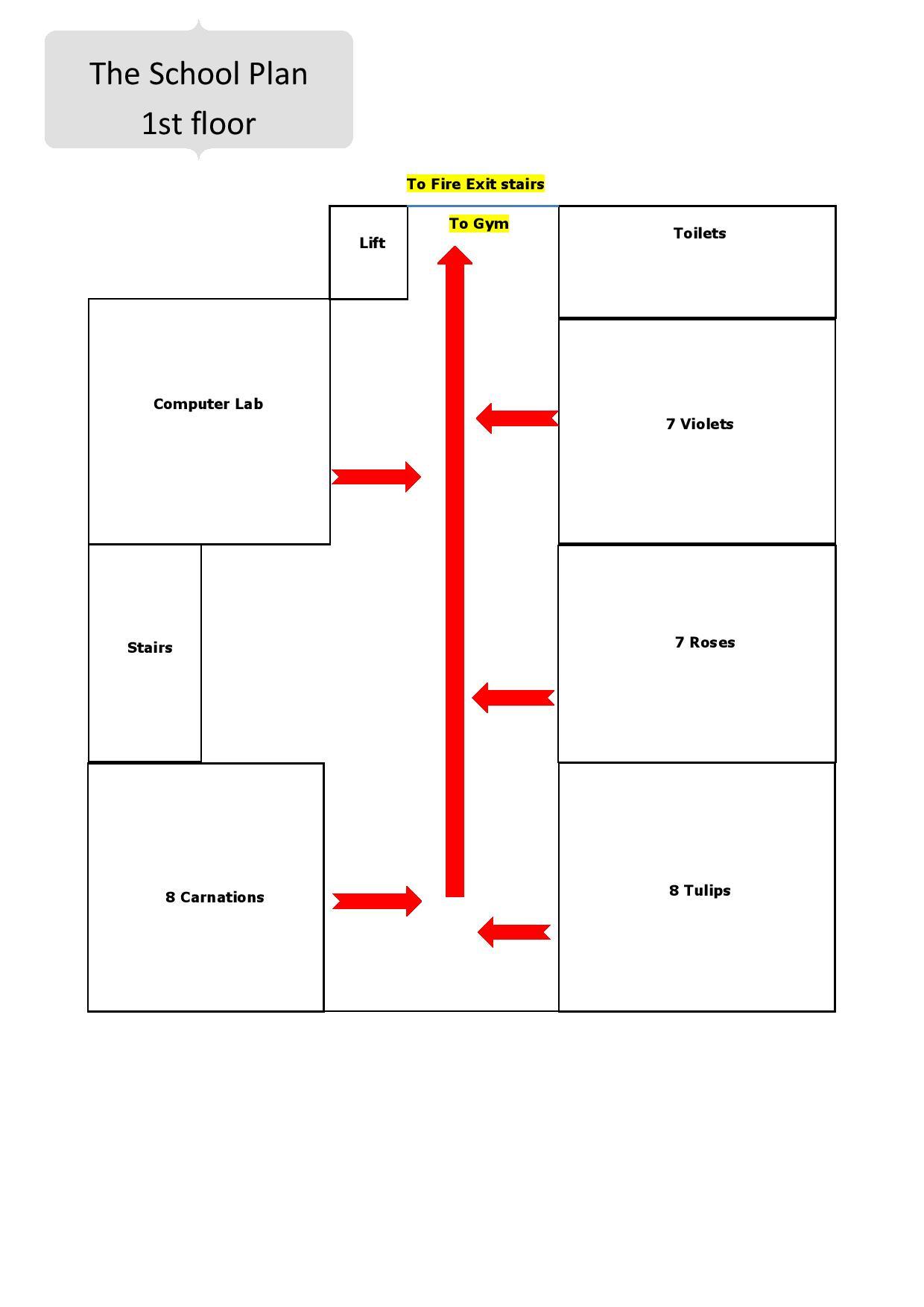
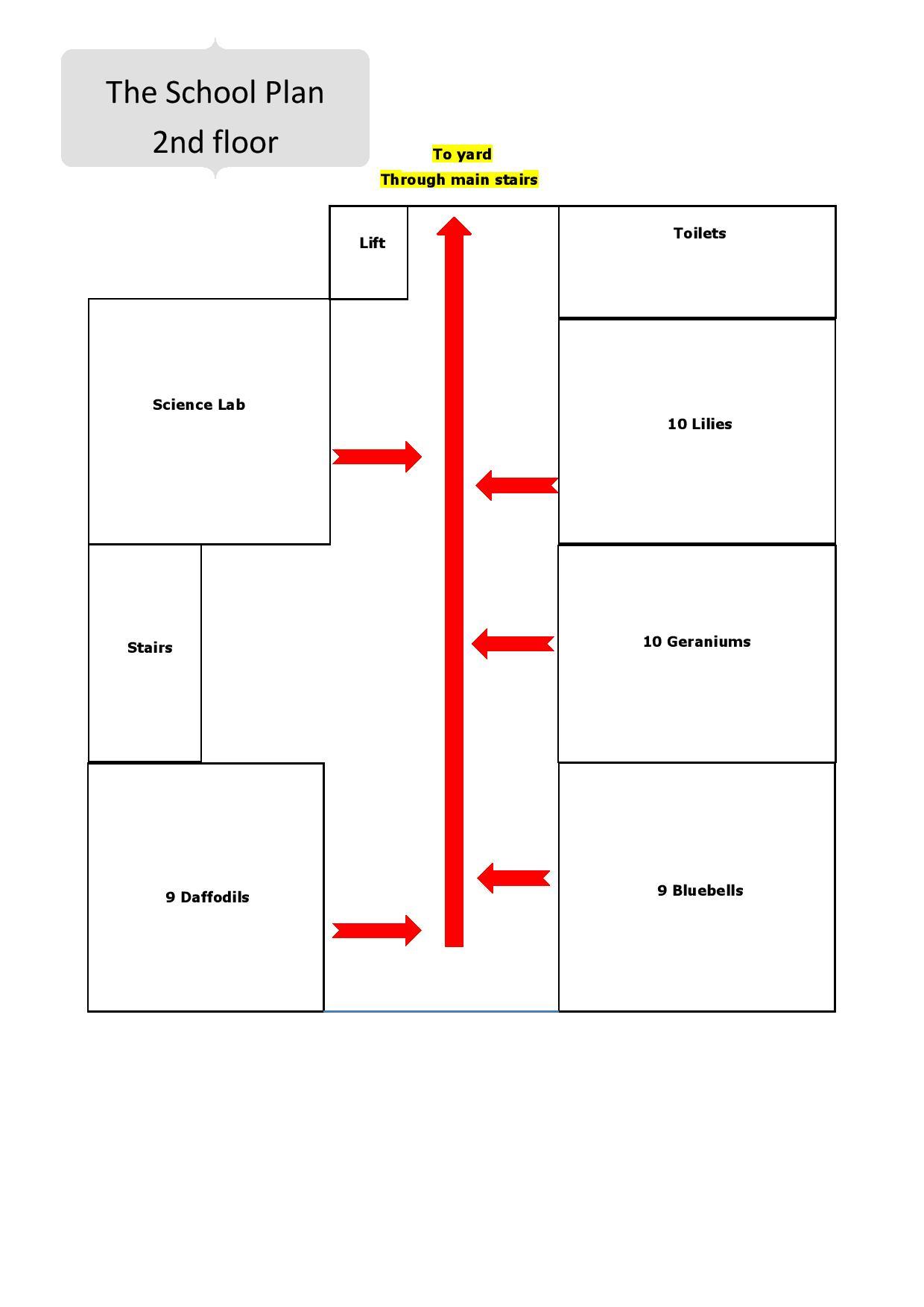
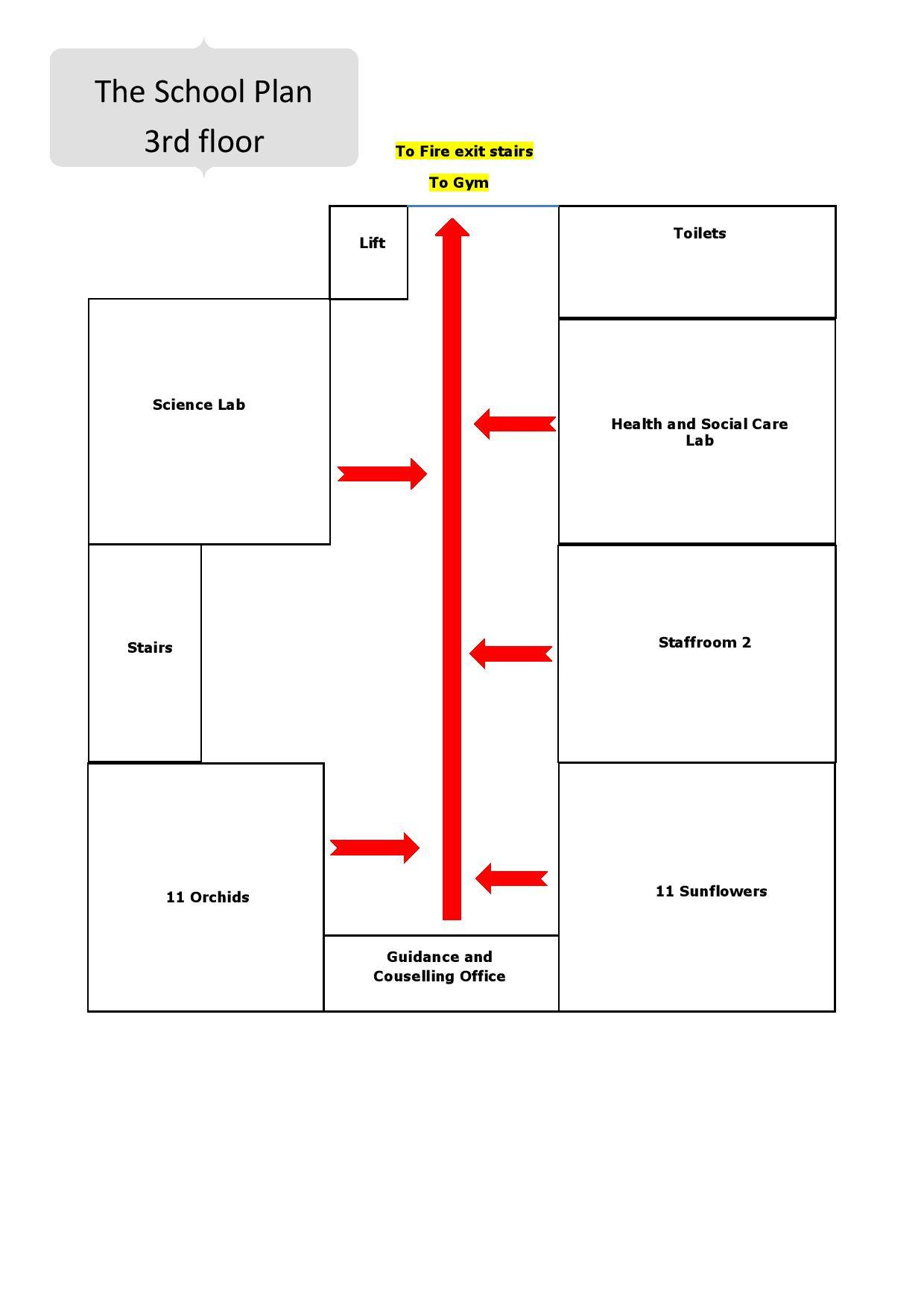
Assembly is held on Monday, Wedneday and Friday. Class Teacher time is on Tuesday and Thursday
Following mid-term holidays the students will have the opportunity of participating in the SMILE project every fortnight and on the day the time-table will be as follows:
For lunch break (time depending on the day’s schedule) a bell goes, and all students have to leave their class. One of the teachers in charge of the break supervision goes around the classrooms and checks that no students are in class. Another teacher stays in the first floor near the tuck shop to supervise the girls coming up and down the stairs. The rest of the staff who will be on a rotation of 1:40 will supervise the girls in the yard or in the corridors if it is raining. No one is allowed to go back in class during lunch break.
Eko-Skola
Pastoral Team
Student Council
Art and Photography
Book Club
Library helpers
Music Ministry
Card Making Naqra brejk
Cooking
Cupcake decorating
Knitting club
Assessment Policy
Attendance Policy
Behaviour Policy
Discipline Policy
Evacuation Procedure
Health & Safety Policy
Prop making
Students’ Council
Volleyball
Wall Art
Healthy Policy
Individual Educational Needs Policy
Medication Administration Policy
Parental Involvement
School Library Policy
Uniform Policy
The students and parents will have available all the school policies on the school portal https://immcon.schoolhandle.com/ on the public policy page including the Code of Conduct which will be written as well in the school diary to be signed.
Parents will have a general information meeting in October with the dates announced in the school diary given to the students on the first day of school.
The school adopts a conduct system where reports are given to students for any infractions of the Code of Conduct.
This is done through e-mail and the school portal Klikks. https://schoolhandle.klikks.net Students will also be given an Office 365 account with a school e- mail address to communicate with members of staff. If the parents would like to speak to a member of staff including members of the administration, preferably this should be done through an appointment. This may be done by telephone, by e- mail or by a written note. We strongly encourage the use of e-mails for any queries or difficulties.
The school also adopts a merit card system by which students are nominated for good deeds. At the end of the scholastic year the students who manage to be nominated for 5 or more merit cards will be awarded the Premju Santa Giovanna Antida on the 23rd May
New teachers will be given a username and password at the beginning of the scholastic year to be able to access their personal KLIKKS account. Teachers will also have an Office 365 account e.g., username@sja.edu.mt
Students can register any activities they do after school hours as long as the organisation that provides the training or club activity is registered with an SLC number. One needs to download the application form from Klikks, fill it in and hand it over to the school secretaries by the end of April of each year. Activities such as the SMILE project can also be registered as a non-formal activity. These need to be registered on a different application form. More information on: https://bit.ly/37a0Kiu
The School Diary will be given at the beginning of the scholastic year.
The teachers will advise the students which are the most important resources to bring to school for each lesson. The student can opt to leave some important books in class in their lockers, but the school will not be responsible for any loss or theft of books. Other material can be left at home. The students need to follow the class timetable so as not to bring unnecessary resources with them to school.
Every teacher has a locker in the staffroom. The key will be given by the administration at the beginning of the year. It is important to keep your locker clean and try not to leave any food inside.
Electronic devices including mobiles and tablets are not allowed at school unless they are deposited at the Head's office first thing in the morning. Students are allowed to take back their devices before leaving school. If such devices are found on school premises, they will be confiscated. The school is not responsible in the case of theft or breakage of such devices.
Summer: Yellow polo shirt, tartan divided skirt, green socks and black shoes. For PE, blue bermudas, white PE T-shirt, white socks, and white runners.
Winter: Green blazer, green and blue scarf, blue trousers, white shirt, green pullover, green or blue socks, and black shoes. For PE a white crewneck, navy blue tracksuit, white socks, and white runners.
For Home Economics the students need to have the school head scarf and apron. Students who come to school with the improper uniform can either phone home to ask the parents to bring them the proper one or else borrow one from the school. Students will get a report if they don't come to school with the right uniform. Morning emergencies need to be covered by a note from the parents.
Transport is not organised by the school, but the same drivers operate between Gudja and Tarxien. The students will be accompanied to the back door in Carmel Street where the drivers pick them up at 13.30pm. No supervision is guaranteed for students in the case of vans running late. Parents picking up their students should do so from the school front door. If parents will be coming late, the student will wait for them at 152, Sisters' Street (convent main door). This applies as well for when there will be after school lessons or activities. There will be no transport service during the exam periods in the afternoon.
Attend any outings or other activities outside the school if the given consent form is not returned signed with the money in a sealed envelope a day before the activity will take place. The parents can consult Klikks for the calendar year of activities.
Students who are absent for more than three days during a month need to present a medical certificate on the third day Medical certificates and marking attendance on klikks will be handled by the administration.
The administration will give out an envelope each term for the school contribution. In return the student will be given a receipt as a contribution to be given to the parent. In other cases, like outings, photocopy expenses, or other minor collections the student needs to deposit the money at the reception first thing in the morning. In both cases the student will need to sign on a class list next to her name as proof that the money has been handed in.
These are the basic duties of a class teacher
1. Always promoting the welfare of students in your care
2. Fostering a sense of togetherness and inclusion among the class as the form teacher and primary point of contact.
3. Attending team meetings as requested by the SMT and the youth minister to discuss matters related to general well-being.
4. Keep a track record in the form of a diary on any discussions held with staff or parents about the students.
5. Contributing to the organization of events and school activities which involve the class and liaising with the colleague taking care of the other class in the same form.
6. Liaising with the DSO and guidance teachers as regards safeguarding, child protection and the well-being of pupils.
7. Actively upholding the behaviour and sanctions policies of the school, reporting concerns to members of the SMT.
8. Encouraging high standards of behaviour throughout the school.
9. Meeting the class as indicated below during assembly time:
Year 7 Year 8 Year 9 Year 10 Year 11
Monday HoS HoS Class teacher Class teacher Class teacher
Tuesday Class teacher Class teacher HoS HoS HoS
Wednesday HoS HoS Class teacher Class teacher Class teacher
Thursday Class teacher Class teacher HoS HoS HoS
Friday Assembly only if needed
Assembly only if needed Assembly only if needed Assembly only if needed
Assembly only if needed
Worldwide, school staff is being told to dress up and have some class. Dress codes follow the trends of business fashion, which is returning to more professional and at the same time comfortable look.
The following items are deemed as inappropriate dress:
• Athletic shoes (except for P.E. teachers)
• Hiking shoes, over-the-knee boots, flip flops, and beach sandals
• Hipsters
• Light blue denim (except on jeans and casual day)
• Visible tattoos, body piercings other that on ears
• Coaching shorts
• Thermal, stretch, halter, revealing, backless or sleeveless tops.
• Bare midriffs
• Mickey Mouse t-shirts
• Sheet or see-through clothing
• Skirts, shorts or Bermudas that are more than 2 inches above the knees.
• Visible underwear or the lack of it
Wearing suits and appropriate make-up is encouraged on Parents’ Day, concerts and formal outings and seminars.
Dress is to be clean and neat. “Standards may have relaxed through the years, but teachers should remain modest and conservative” (Dr Paul Kellcher)
Behaviour should be in line with the teachings of the church especially those after Vatican Council 11.
We believe that student/new teachers should not require policing once supplied with guidelines on adequate behaviour, however, not adhering to codes of conduct and dress codes may necessitate disciplinary action ranging from warnings, leading up to and including dismissal. A recent court sentence concluded that in religious schools, behaviour could be considered a vital element of a person’s ability to teach as personal witness is a way of transmitting certain values”.
It is believed that teachers by and large, take pride in their calling and are willing to do their bit to uphold the image of professionalism which teachers before them have striven to establish.